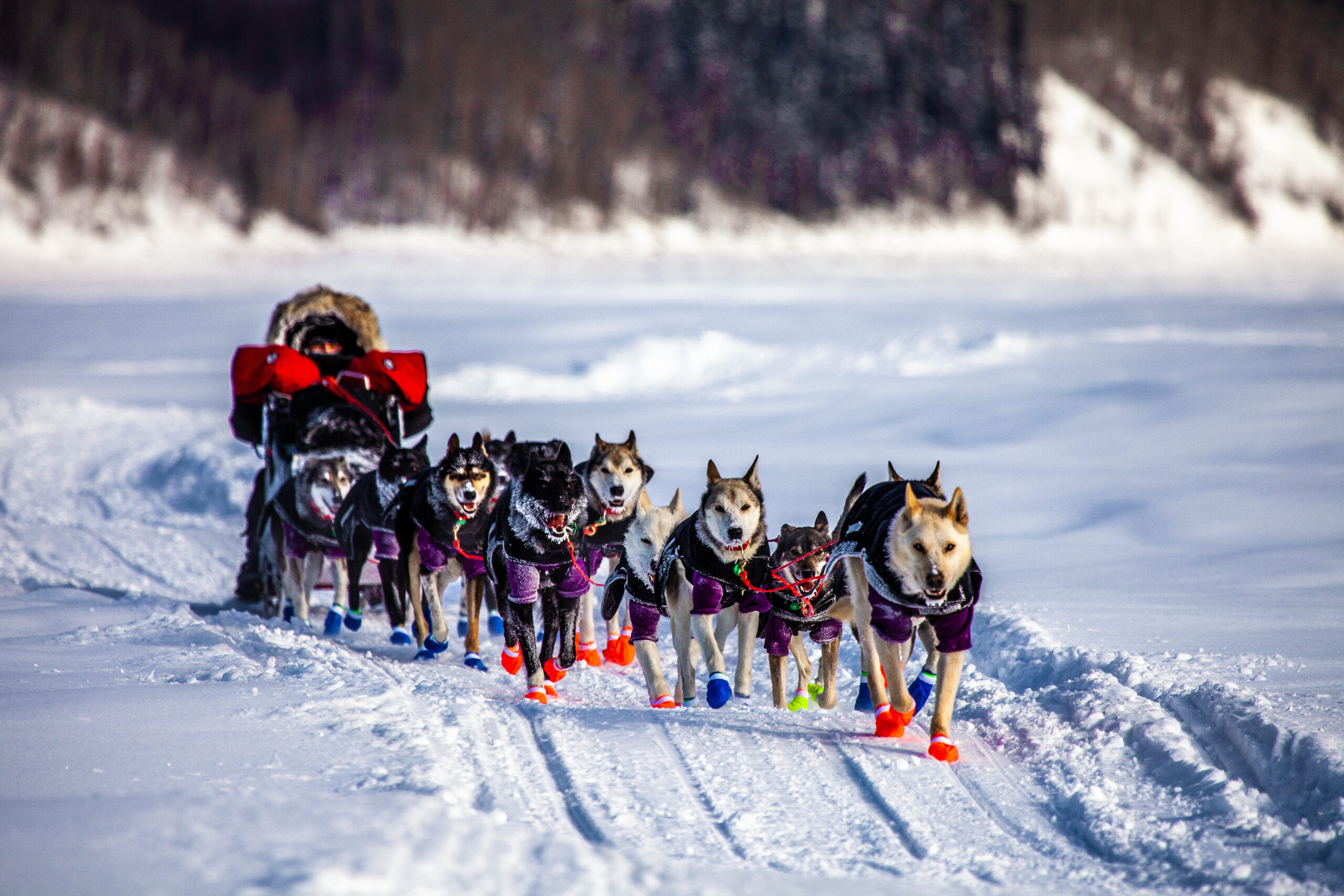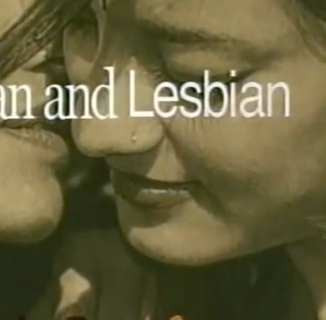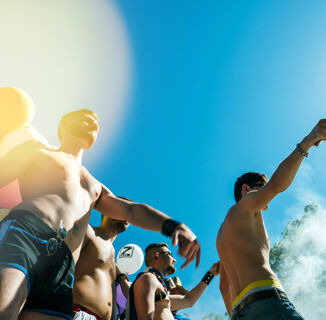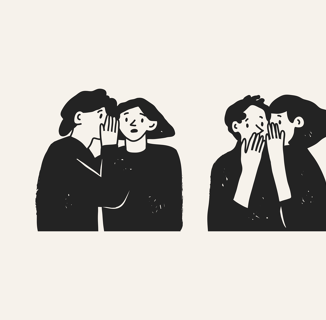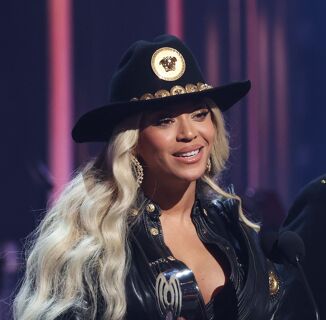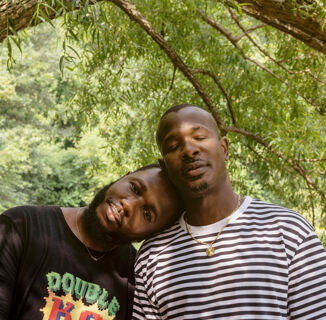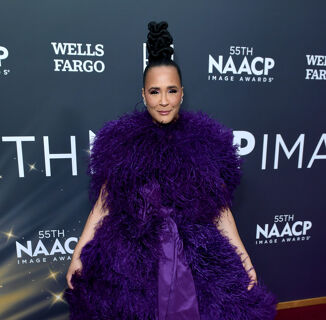The first trans woman to compete in the Iditarod dogsled race, Apayauq Reitan, did so proudly waving a trans pride flag. Despite Alaska’s legislative hostility towards the trans citizens, Apayauq described her experience within the solitary mushing (dogsledding) community as positive in a new interview with The Advocate.
Apayauq competed in the 2022 Iditarod, a 1,000+ mile annual race. Her transition, mental health experiences, and harrowing journey across the Alaskan landscape are showcased in the documentary short Apayauq. The film premiered just as the Alaska legislature was debating HB105, a so-called “parental rights” bill that would restrict school discussions of gender and sexuality, which has since gone to committee.
Apayauq appeared before legislators to testify against that bill, and the documentary offers its own testimony to the humanity of trans people like her. “I didn’t decide to be a woman,” Apayauq says in the documentary, “I decided to listen to myself.”
Culture, unfiltered
Twice a week, our newsletter will bring you the pulse of queer culture, from the tastemakers to the groundbreakers.
In large part, mushing gave Apayauq the solitude to listen to herself. “When I would be mushing, I would spend a lot of time thinking about my gender, especially in 2017 and 2019,” she told The Advocate. “That was sort of when I realized I wasn’t cis.”
Although Apayauq was raised in an indigenous community, colonialism had left deep transphobic marks on her village. “Despite Inupiaq linguistic gender neutrality, many of my relatives in Kaktovik are Trump-supporting conservatives,” she explained.
After she came out, the transphobia became pointedly personal. “Someone in the village posted a gross transphobic joke on Facebook that was obviously at my expense,” Apayauq recalled. “It really sucked to see who had liked it, commented other transphobic stuff, and laugh-reacted to it. Though it got some pushback from some relatives, I also got a couple of supportive messages from a couple of people, which was nice.
Related:
The Tranzmission Prison Project is bringing hope to Asheville, NC, one book at a time
TPP’s mission is simple, yet profound–to provide incarcerated LGBTQ+ individuals with access to literature that reflects their identities and experiences.
“It pains me to tell of this — I wish I didn’t have to say that some relatives hate me. I don’t see any point sugarcoating it, it really fucking hurts. But I also acknowledge that Christian conservatism and Western gender roles were imposed on our people by missionaries and colonization. This is not hate that comes from our culture.”
After living in Norway, returning to Alaska for healthcare and the Iditarod would understandably have been stressful. But Apayauq found support in the mushing community. “Since mushing is such a solitary sport, I haven’t talked much with mushers since coming out,” Apayauq said. “When I was training for Iditarod 2022 I was training full time. In 2017, when I ran qualifying races, those were 200 to 440 miles, which would usually run over a weekend and we would have some time before and after to socialize. That was before I came out though.
“I have some mushers I keep in touch with who are very accepting and nice. And no one in the mushing community has been rude or transphobic to me in person.”
Now Apayauq gets to be the role model she never had. Recalling the process of filming the documentary, she said, “I wanted to make something for my four-year-old self, who said she’d be a girl when she grew up and nobody believed her.”
Help make sure LGBTQ+ stories are being told...
We can't rely on mainstream media to tell our stories. That's why we don't lock our articles behind a paywall. Will you support our mission with a contribution today?
Cancel anytime · Proudly LGBTQ+ owned and operated
Read More in Culture
The Latest on INTO
Subscribe to get a twice-weekly dose of queer news, updates, and insights from the INTO team.
in Your Inbox

